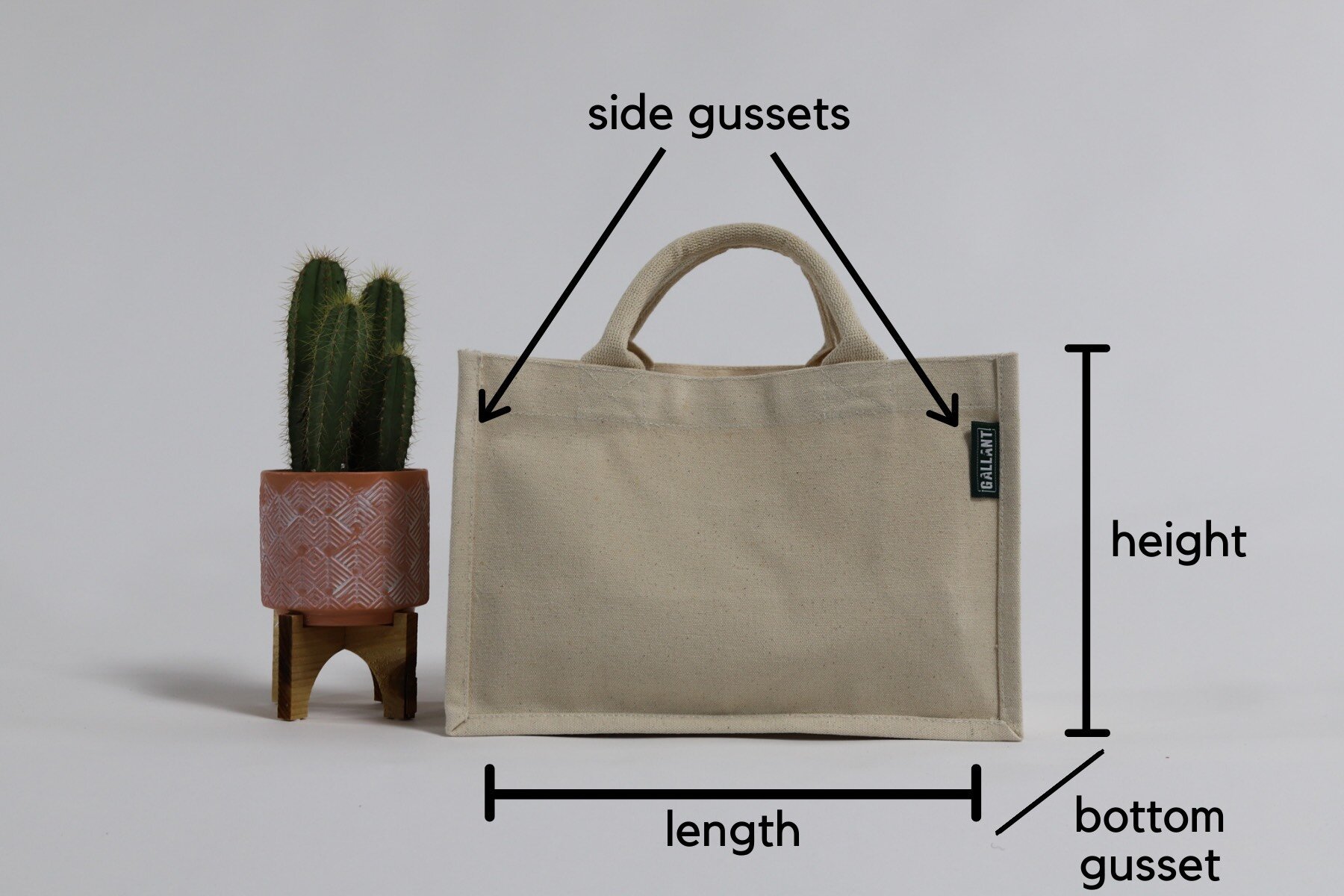In today’s environmentally conscious world, consumers are increasingly seeking sustainable alternatives to traditional products. As the global movement towards eco-friendly living gains momentum, businesses are reevaluating their packaging choices. Paper bags have emerged as a popular and environmentally responsible option for packaging various goods. In this article, we will explore the myriad benefits of paper bags and why they are the preferred choice for eco-conscious consumers and businesses alike.
Understanding Paper Bags:
Paper bags, as the name suggests, are bags made primarily from paper. They are versatile, durable, and eco-friendly, making them an ideal choice for packaging a wide range of items, from groceries to gifts. Let’s delve deeper into the various aspects that make paper bags a sustainable packaging solution:
Biodegradable Material
Paper bags are made from natural fibers derived from trees, making them biodegradable and compostable. Unlike plastic bags, which can take hundreds of years to decompose, paper bags break down naturally, minimizing their environmental impact.
Renewable Resource
The production of paper bags relies on renewable resources, namely trees. Sustainable forestry practices ensure that trees are harvested responsibly, maintaining the ecological balance of forests. Additionally, many paper bag manufacturers use recycled paper, further reducing the demand for virgin materials.
Recyclable
One of the significant advantages of paper bags is their recyclability. After use, paper bags can be easily recycled to produce new paper products, reducing the need for raw materials and energy-intensive manufacturing processes.
Reduced Carbon Footprint
Compared to plastic bags, the production of paper bags generates fewer greenhouse gas emissions. Additionally, the biodegradability of paper bags means that they do not contribute to long-term pollution or harm wildlife.
The Versatility of Paper Bags
Paper bags come in various shapes, sizes, and designs, making them suitable for diverse applications. Whether you need a small paper bag for packaging jewelry or a large grocery bag for your weekly shopping, there’s a paper bag to meet every need. Here are some common types of paper bags:
Grocery Bags
Paper grocery bags are a staple in supermarkets and grocery stores worldwide. They are sturdy enough to carry heavy items like canned goods and produce, making them a practical choice for shoppers.
Retail Bags
Retailers often use branded paper bags as part of their packaging and marketing strategy. These bags can be customized with logos, slogans, and designs, enhancing brand visibility and reinforcing brand identity.
Gift Bags
Paper gift bags are an elegant and eco-friendly alternative to traditional gift wrapping. They come in various colors and patterns, allowing you to personalize your gifts while minimizing waste.
Takeaway Bags
Restaurants and cafes use paper bags for packaging takeaway orders, such as sandwiches, pastries, and beverages. These bags are often grease-resistant and feature handles for convenient carrying.
Benefits of Choosing Paper Bags
When it comes to packaging, paper bags offer a multitude of benefits for both businesses and consumers. Here are some compelling reasons to choose paper bags:
Environmental Friendliness
Paper bags are inherently more eco-friendly than their plastic counterparts. By opting for paper bags, businesses can demonstrate their commitment to sustainability and attract environmentally conscious customers.
Brand Image
Branded paper bags serve as a mobile advertisement for businesses, increasing brand visibility and recognition. Customers appreciate companies that prioritize sustainability, enhancing brand loyalty and reputation.
Strength and Durability
Despite being lightweight, paper bags are remarkably strong and tear-resistant. They can withstand the rigors of transportation and handling, ensuring that products reach customers safely and securely.
Customization Options
Paper bags can be customized to reflect a company’s branding and aesthetic preferences. From choosing the color and size to adding logos and graphics, businesses have ample opportunities to create unique packaging that resonates with their target audience.
Cost-Effectiveness
Contrary to popular belief, paper bags can be a cost-effective packaging solution for businesses. With advancements in manufacturing technology and increased demand for sustainable packaging, the cost difference between paper and plastic bags is narrowing.
Conclusion
In conclusion, paper bags are a sustainable, versatile, and eco-friendly packaging solution that offers numerous benefits for businesses and consumers alike. By choosing paper bags over plastic bags, we can reduce waste, minimize environmental impact, and contribute to a cleaner, greener future. Whether you’re a retailer looking to enhance your brand image or a consumer seeking eco-friendly alternatives, paper bags are a practical and responsible choice.
FAQs (Frequently Asked Questions)
Are paper bags better for the environment than plastic bags?
Yes, paper bags are considered more environmentally friendly than plastic bags due to their biodegradability and recyclability.
Can paper bags be reused?
Yes, paper bags can be reused multiple times for various purposes, such as grocery shopping, storage, and crafts.
Do paper bags cost more than plastic bags?
While the initial cost of paper bags may be slightly higher than plastic bags, their long-term environmental benefits often outweigh the upfront expense.
Are paper bags suitable for carrying heavy items?
Yes, paper bags are sturdy and can safely carry heavy items, making them an excellent choice for groceries and other goods.
Can paper bags be composted?
Yes, paper bags made from natural fibers are compostable and can be added to compost bins or facilities for organic waste.
Do paper bags come in different sizes and designs?
Yes, paper bags are available in a wide range of sizes, designs, and colors to suit various packaging needs and preferences.







+ There are no comments
Add yours